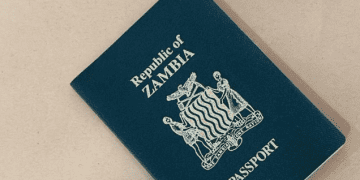By Guest Contributor | Melo Media
One of the reasons why politics is a moving science is because ideologies and beliefs are constantly evolving. What was considered a popular political stance a few decades ago may no longer hold true today. As society progresses and new challenges arise, political ideologies adapt and change to address these issues.
Societal values play a significant role in shaping political discourse. As societal values change, so do the political priorities and policies. For example, issues such as LGBTQ+ rights, climate change, and racial equality have gained prominence in recent years due to shifting societal values. This fluidity in societal values directly impacts the political landscape.
The advent of technology and the availability of information have greatly impacted politics. With the rise of social media and instant access to news, politicians and political parties need to adapt and respond quickly to new information. This constant influx of information can lead to rapid changes in political opinions and strategies.
In today’s interconnected world, politics is no longer confined to national borders. Globalization has led to increased interdependence between countries, making it necessary for politicians to consider global issues in their decision-making. This interconnectedness has resulted in the fluidity of politics as politicians navigate complex international relationships and global challenges.
Demographic shifts, such as changes in population size, age distribution, and ethnic composition, can significantly impact politics. As demographics change, political parties and politicians must adapt their strategies to appeal to different voter groups. This adaptability is essential for political success and contributes to the fluidity of politics.
Economic conditions have a profound impact on politics. Economic downturns can lead to shifts in political power and influence, as voters often prioritize economic stability and prosperity. Political parties must respond to economic fluctuations and adapt their policies accordingly, further contributing to the fluid nature of politics.
Grassroots movements have the power to shape political discourse and drive change. Movements such as the civil rights movement, women’s suffrage, and environmental activism have all had a significant impact on politics. These movements often challenge the status quo and push for policy changes, forcing politicians to respond and adapt to the demands of the people.
In conclusion, politics is a moving science due to constantly evolving ideologies, shifting societal values, the influence of new information and technology, globalization, changing demographics, economic fluctuations, and the power of grassroots movements. As the world continues to change, politics will continue to adapt and evolve to address the challenges and needs of society.

















